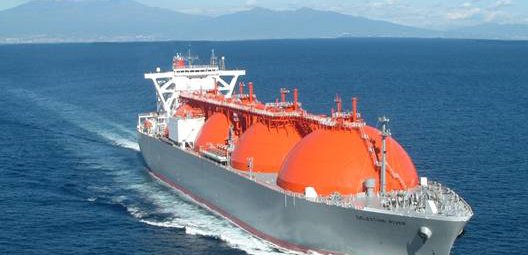Last winter’s energy crisis served to remind that abundant natural gas supply, especially LNG, available to the Greek market, as well as the country’s heightened import activity, are not enough to prevent further crises, the International Energy Agency (IEA), noted on Greece in a report examining global gas market supply sufficiency.
The report’s section on Greece was presented in a bid to identify the causes of the wider energy crisis last winter, which also pressured the Greek system.
“Greece is a relatively new gas market but gas plays an important role in electricity generation as it has a 30 percent share (2016),” the IEA report pointed out.
Last year, gas demand in Greece reached four billion cubic meters, of which 68 percent was used for electricity generation and heating, the report noted.
Greece is entirely dependent on pipeline gas supply and LNG imports to overcome periods of heightened demand as the country does not possess an underground gas storage facility – development of a unit in Kavala, northern Greece, is being examined – while LNG storage capacity is limited, the IEA report underlined.
Last winter, electricity demand increased by 12 percent and was primarily covered by gas-fueled power stations, which increased their production levels by 37 percent, compared to the previous year, to 2.1 terrawatt hours (TWh), the IEA report informed.
Gas demand rose by 32 percent last winter and struck an all-time high in January, reaching 637 million cubic meters, 40 percent over the previous record, the IEA report noted.
LNG imports rose by 156 percent and pipeline gas imports increased by 19 percent, to respective levels of 225 and 394 million cubic meters, in order to meet this spike in demand, the report noted.
The IEA report also pointed out the two high-alert periods experienced by Greece’s energy market during last winter’s energy crisis, the first beginning on December 19, to last 13 days, and the second on January 9 for a further 36 days.
A long-term Algerian LNG supply contract helped deal with the crisis, as did an additional shipment from Norway’s Snohvit LNG export terminal, the IEA report stated.





